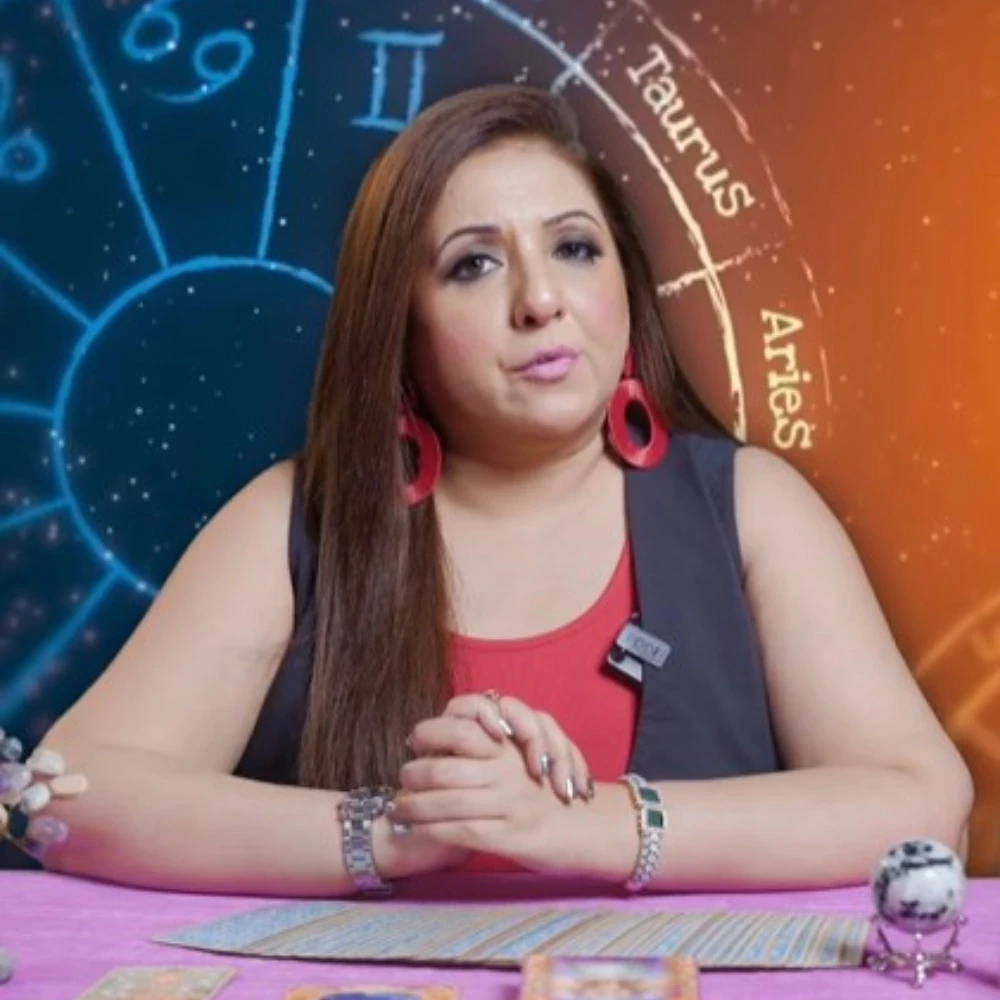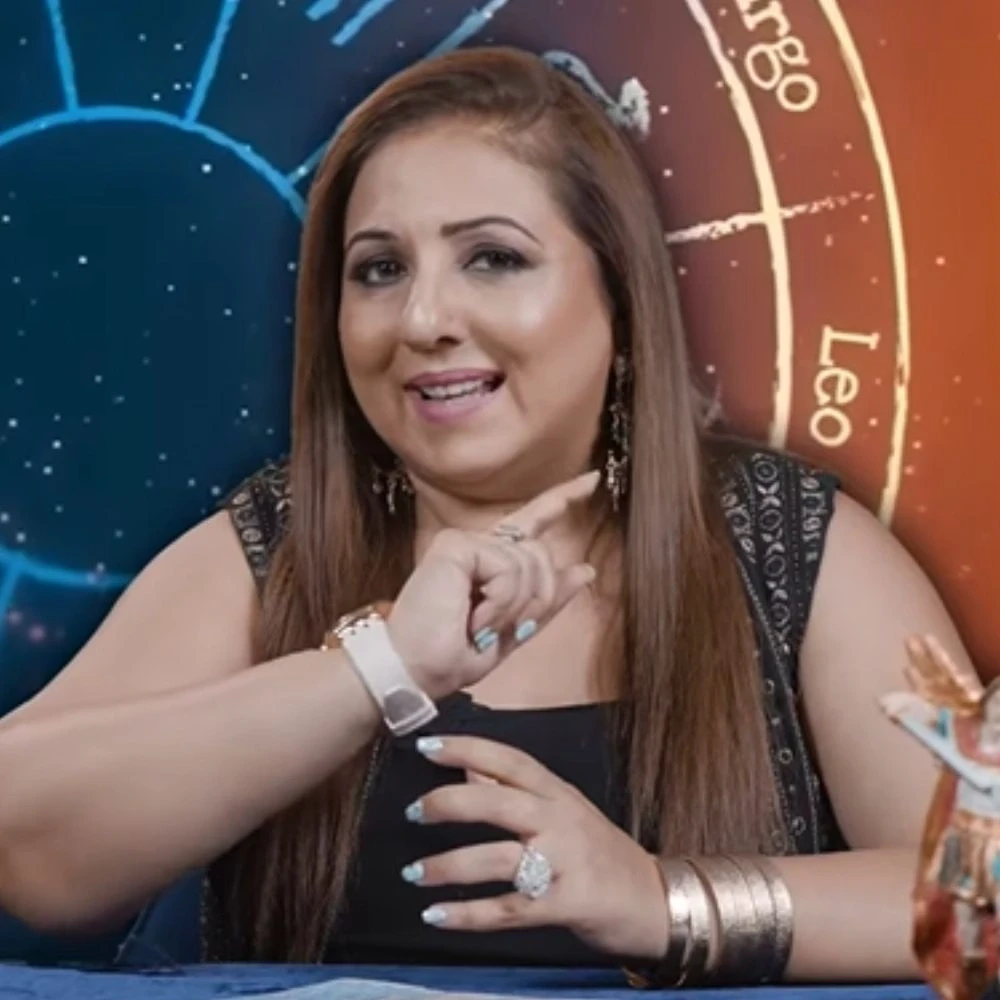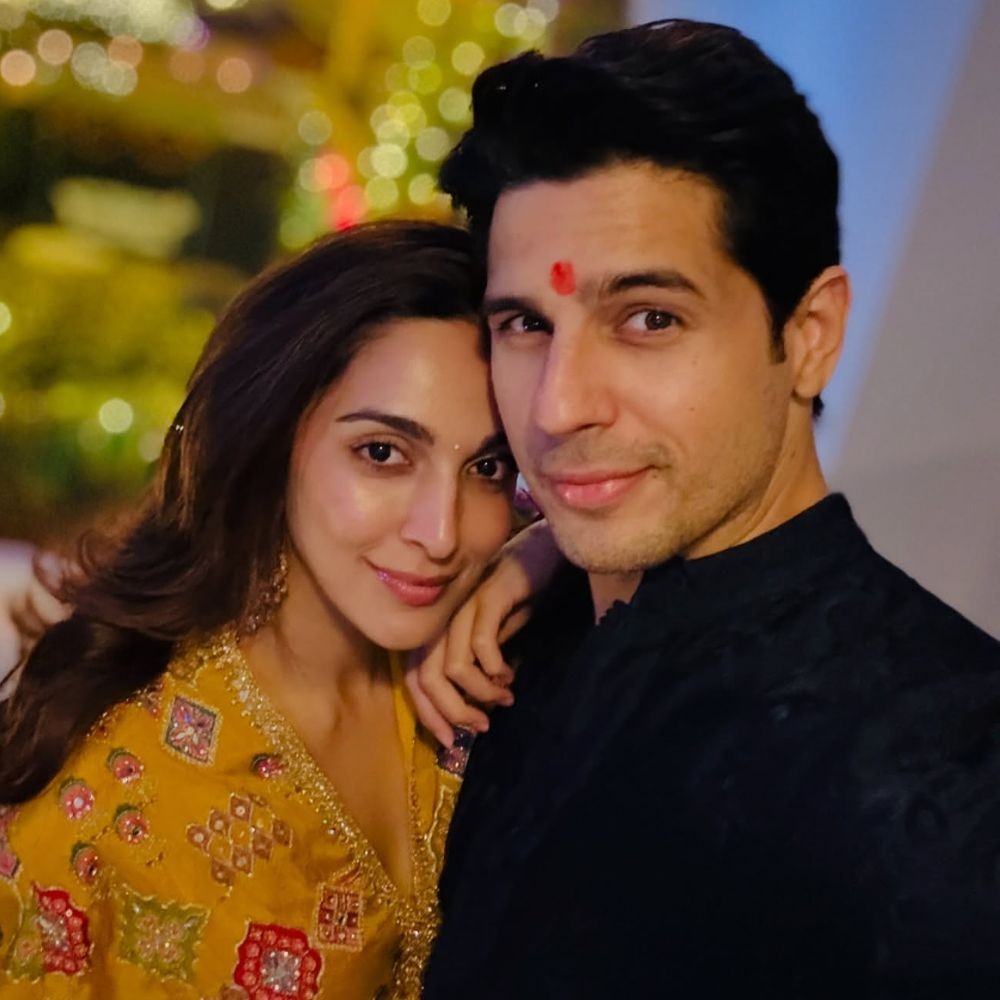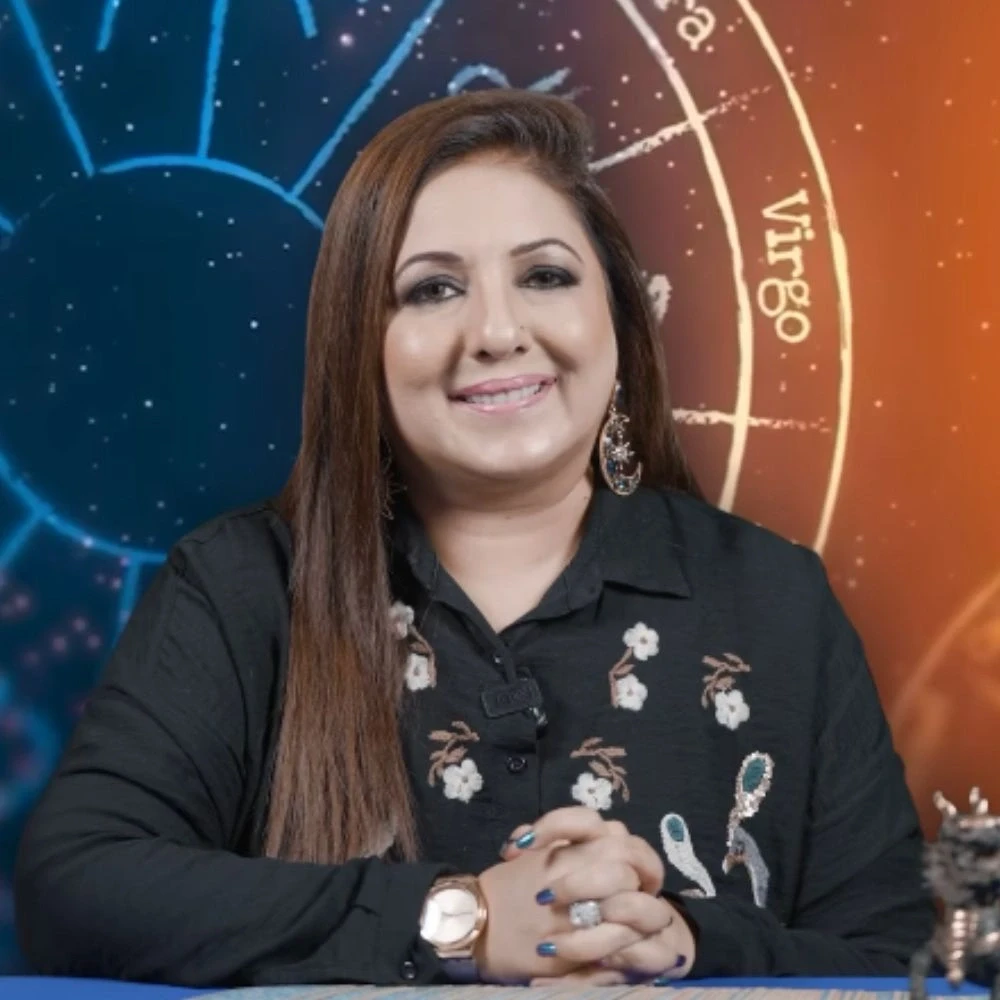11 Love vs. Lust Differences to Recognize Where Your Relationship Stands
Explore the love vs lust differences and learn to distinguish between the two to know if what you are feeling is real love or just an attraction.

Love and lust are the most influential emotions that two people can experience for each other. While they can both bring intense pleasure and happiness, they are fundamentally different. Love is a deep, meaningful connection between a couple. Lust, on the other hand, is a strong physical attraction or intimate desire that can disappear just as quickly as it appears. It is not uncommon for couples to get confused between the two. Therefore, understanding love vs lust differences is essential to lead a healthy, happy, and long-lasting relationship.
This article will focus on the differences between love and lust to help you analyze your real feelings for each other. Read on and have a heart-to-heart conversation with your partner about it!
1. Emotional Connection And Stability

Love involves a profound emotional bond between two people that goes beyond physical appearances. It is built on a foundation of shared values, interests, and understanding. It is a connection that allows you to truly know and appreciate each other on a deeper level, fostering emotional intimacy and a sense of belonging.
Lust, on the other hand, is primarily driven by physical attraction and desire.
Moreover, love provides a sense of emotional security and stability, allowing you as a couple to feel safe, supported, and understood in your relationship.
Lust, on the other hand, leads to emotional highs and lows solely based on the fulfillment (or denial) of physical pleasures. It can result in a more volatile emotional experience, as it is primarily driven by the pursuit of pleasure.
2. Longevity
Love is often long-lasting and can deepen over time, while lust is usually temporary and can fade quickly.
Love has the potential to endure the test of time and grow stronger as the relationship progresses. It involves a commitment to work through challenges and nurture the connection between partners.
In contrast, lust is often based on immediate gratification and may diminish once the initial physical attraction subsides or when the novelty wears off.
3. Intimacy
Love involves a sense of emotional intimacy, trust, and vulnerability. Emotional intimacy in love is about sharing one's deepest thoughts, fears, and dreams with another person. It requires a level of trust that allows individuals to be vulnerable and authentic in expressing their emotions.
Physical intimacy, on the other hand, is the main focus of lust, with an emphasis on satisfying sexual desires rather than building an emotional connection.
4. Commitment
The love between two people involves a desire for commitment and a willingness to invest in a long-term relationship. In contrast, lust is more focused on immediate gratification without the need to commit.
Love often includes a desire to build a future together, establish trust, and make long-term plans. It requires dedication and effort to maintain the relationship. On the contrary, lust tends to be more fleeting, with a focus on fulfilling immediate sensual desires without the expectation of a lasting commitment.
5. Selflessness

When you are in love with someone, you show a selfless concern for their well-being and happiness. On the contrary, lust tends to be more self-centered and driven by personal satisfaction.
In love, you prioritize the needs and happiness of your partner, often going beyond your own interests. Moreover, love is marked by acts of kindness, support, and sacrifice that contribute to the well-being of the relationship.
Lust, on the other hand, is more focused on personal pleasure and satisfaction without necessarily considering the other person's needs or desires.
6. Depth of Connection
Love is characterized by a deep bond with a desire to connect on multiple levels, including intellectual, emotional, and spiritual, with your partner. Contrastingly, lust is primarily focused on physical attraction.
Love encompasses a connection that goes beyond the physical realm. It involves understanding and appreciating each other's thoughts, emotions, and spiritual beliefs. Lust, on the other hand, is mostly driven by sexual desire without the same depth of connection on other levels.
7. Empathy
Love involves a strong sense of empathy and understanding for the other person's needs and emotions, while lust is primarily concerned with fulfilling one's own desires.
Love allows you to empathize with your partner's joys and sorrows, to be there for them in times of need, and to provide emotional support. It involves active listening and a genuine desire to understand and connect with the other person.
Lust, in contrast, is more self-centered and focused on fulfilling personal desires without necessarily considering or understanding the emotions of the other person.
8. Sacrifice
Love often involves making sacrifices for the other person's happiness and well-being, while lust is less likely to require such sacrifices.
Love may require you to compromise your interests or make choices that prioritize the relationship over personal wants. Sacrifices in love can range from small acts of kindness to significant life changes.
In lust, the focus is primarily on immediate gratification, and there is less willingness to make sacrifices for the other person's benefit.
9. Acceptance
Love involves accepting the other person for who they are, including their flaws and imperfections, while lust may be more focused on superficial qualities and physical appearance.
Love embraces you as a whole, including your strengths, weaknesses, and imperfections. It involves a deep understanding and acceptance of the other person's true self.
Lust, on the other hand, may involve fixating on physical attributes or external qualities without delving into the deeper aspects of a person's character.
10. Communication
Love involves open and honest communication, including sharing feelings, dreams, and concerns, while lust may involve less meaningful or deep conversations.
Love is nurtured through effective communication, allowing partners to express their thoughts, emotions, and desires. It involves active listening, empathy, and a genuine interest in understanding each other.
Lust, on the contrary, may involve less meaningful communication, primarily focused on arranging sexual encounters or fulfilling immediate physical desires.
11. Future Planning

Love often involves discussions and planning for a shared future, such as building a life together, while lust tends to be more focused on the present moment and immediate gratification.
Love includes a vision for the future and a desire to build a life together. It often involves conversations about shared goals, aspirations, and plans for the long term.
Lust, however, is more focused on the present moment and fulfilling immediate physical desires without necessarily considering long-term commitments or plans.
Conclusion
Love and lust are two distinct feelings that many couples often mix up in relationships. A lot of you may use both these terms interchangeably, without clearly knowing and understanding the finer love vs lust differences. While love is a strong feeling of affection for your partner, lust is an intense desire to share physical pleasure. Since it is essential to distinguish the two concepts to have a successful relationship, we shed some light on the differences between these two emotions. The above-listed 11 differences between love and lust will help you figure out what you or your partner actually feel for each other. Moreover, both of you will also understand if you are on the same page. Hence, you can decide how to take your relationship forward.





 JOIN OUR WHATSAPP CHANNEL
JOIN OUR WHATSAPP CHANNEL















































































